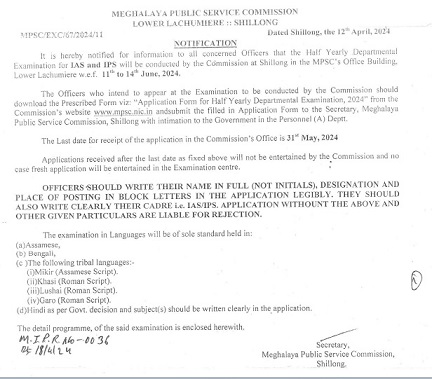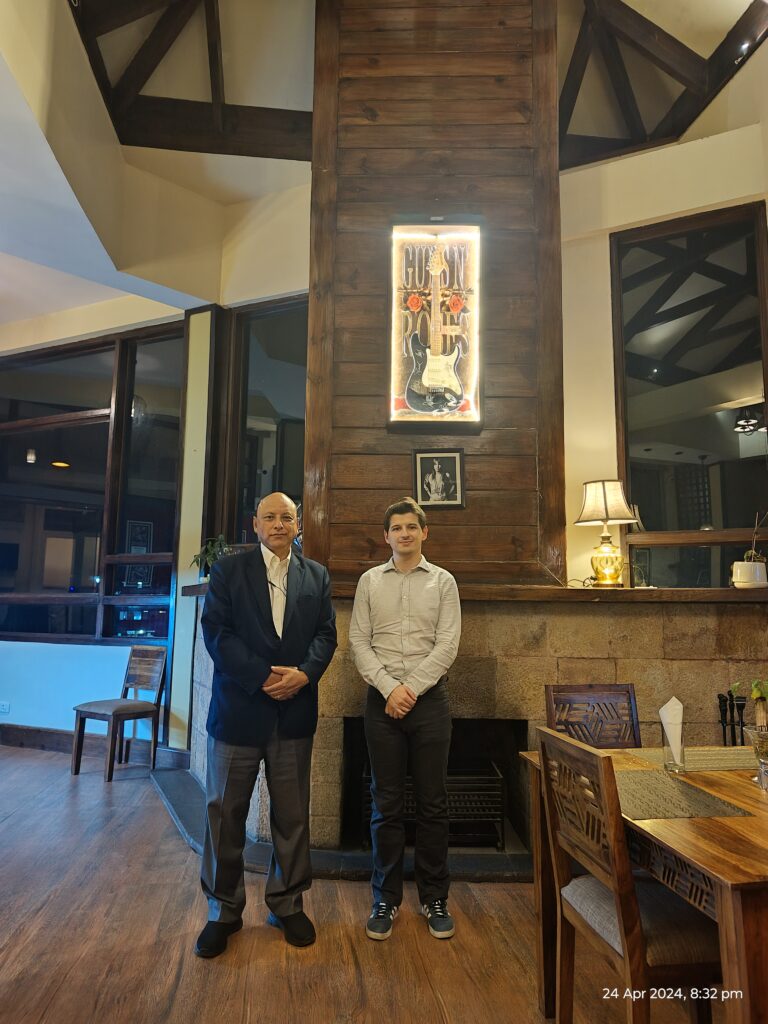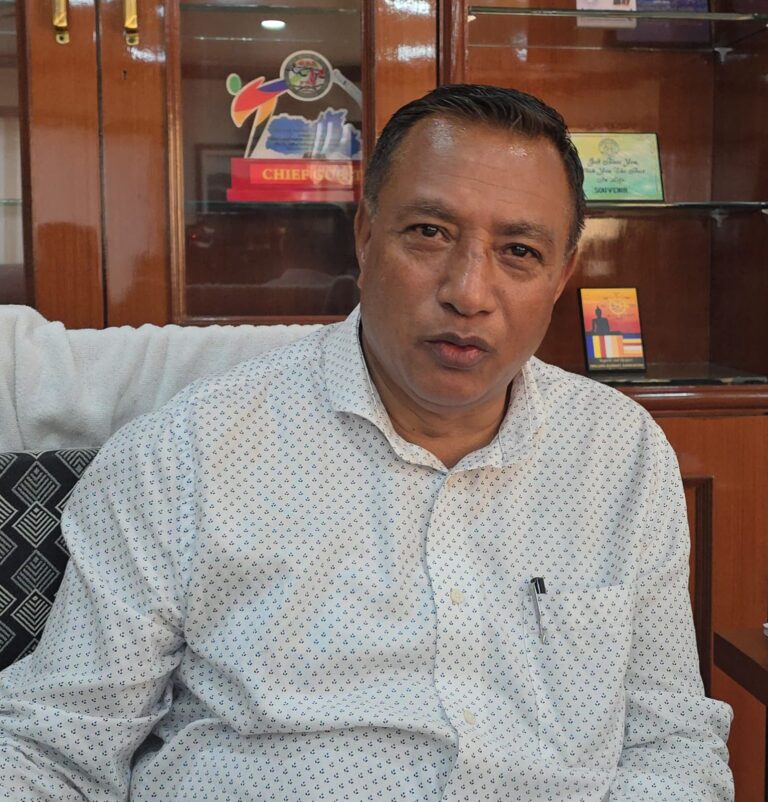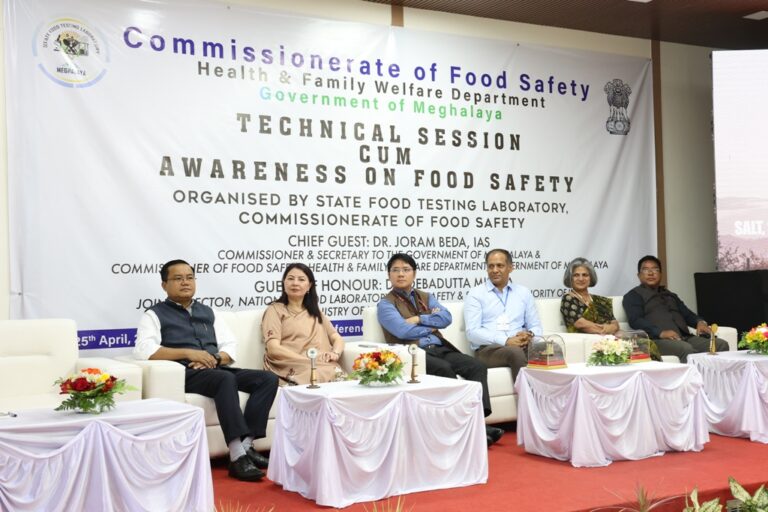By Our Reporter
SHILLONG, MAY 4: “Superstitious belief” is still a major challenge for the implementation of the government’s Mission Indradhanush (MI), a special drive to vaccinate children and pregnant women, due to lack of awareness especially among the rural populace in the state.
According to the state health officials, religious belief is one of the main challenges apart from other problems like difficult terrain and shortage manpower being faced while conducting such drives.
Speaking to reporters at a news conference held here on Thursday, WHO Surveillance Medical Officer (SMO) Dr N Roy revealed the highest number of people, who refused to come forward for the vaccination, is mainly in West Khasi Hills District apart from the few pockets in the other districts of the state.
“We have unfortunately not being able to make much impact in these areas,” he said while stating that measles is often to link with divinity which in fact is not but is a disease which is incurable but can only be prevented by timely vaccines.
Dr Roy also informed that there were around 13 cases of measles outbreak out of which 2 deaths was reported from Jaintia Hills region.
On the other hand, Additional Director Health Service (DHS) of Family and Health Welfare Dr B Mawthoh said, “In our recent plan we have decided to make appeals to all the religious leaders and traditional headmen for their support and cooperation in making people aware on the importance of the special drive.
Informing that the last round for the special drive will commence from May 8 after an intensified immunization drives for 3 months under the Phase-IV of the Mission Indradhanush from March 7 to April 7, she said this was after the monitoring findings had revealed that the previous rounds of MI in Meghalaya were adversely affected due to various factors.
She said that in Meghalaya, the districts identified in the current phase includes East Jaintia Hills, East Khasi Hills, North Garo Hills, South West Garo Hills, South West Khasi Hills, West Jaintia Hills and West Garo Hills.
The total children vaccinated under the first round was only 4450 out of 10,762 target beneficiaries, 3369 out of 9329 in second round and 2743 out of 8588 in the third round of the Phase-IV.
It may be mentioned here, the Ministry of Health and Family Welfare launched the MI on December 2014 as a special drive to vaccinate all unvaccinated and partially vaccinated children and pregnant women by 2020 under the universal immunization programme. It focuses on planned and strategic interventions to expand this coverage to more than 90% children.
“Immunization sessions have been planned in the areas where the children and pregnant women are not vaccinated and are not fully protected. These leaves them vulnerable to diseases that cannot be cured, but which can be prevented by timely vaccination,” Dr Mawthoh.
She also hoped that the public will realize the importance of this special drive and come forward to ensure a safe and healthy future for the women and children of Meghalaya. “We appeal to all the concerned parents and guardians of the beneficiaries to ensure that all children and pregnant women are vaccinated upto date,” she added.

















+ There are no comments
Add yours